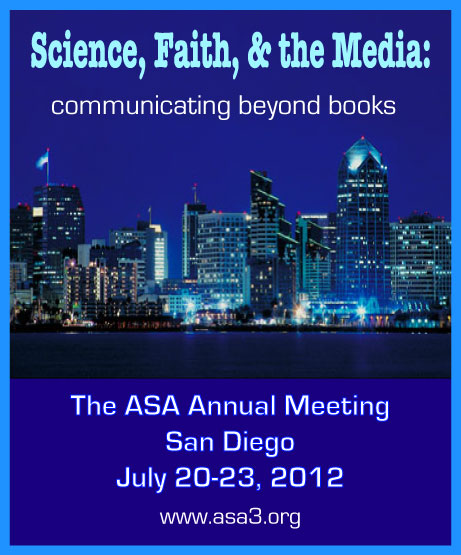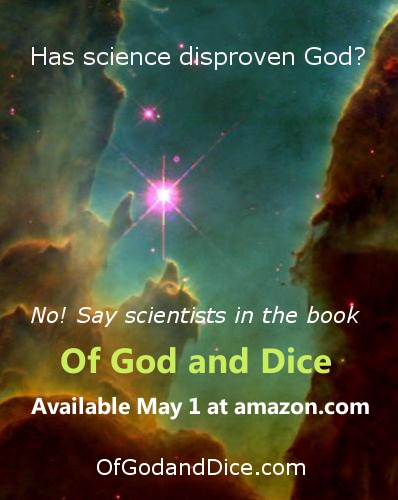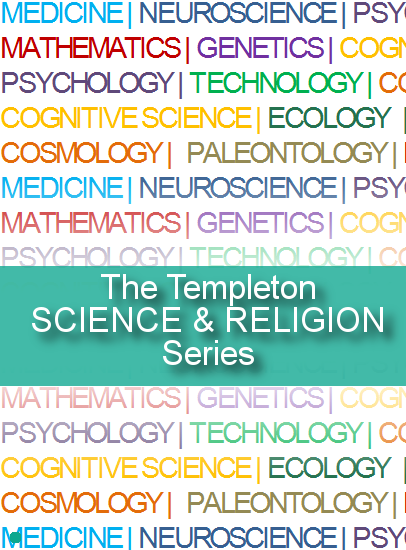Old and New
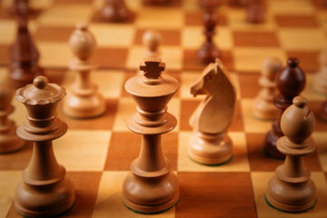 Pieces poised on a chess board
by Walt Hearn
Two energetic Christian authors have each written a dozen books on a subject that the Bible is quite cryptic about. A lot of people seem preoccupied with the "end-time." I am not one of them. What I'm focused on is my own "end-game." I'm now 86. How the rest of my years (months? days?) will play out is as hidden from me as are any events prophesied in the book of Revelation. In life, as in chess, end-games require a shift in tactics. What I know for sure is that it's time to "downsize" after years of accumulating. If I don't get rid of many mementos now, somebody else will have to do it later. So I'm engaged in a sort of reverse archeological dig. As artifacts of my life come to the surface, they have to be tossed, not cataloged and studied. The things I find hardest to get rid of are books and correspondence. Books that I haven't opened for years, even dry technical books, have been a big part of my life. Letters call up memories of friends from the past, many no longer alive. In this dig I keep turning up evidence that I had a lot more energy in my youth—and that my youth was a long time ago. How could I have worked so hard (and so far into the night) in the lab, doing experiments that no one would even think of doing today? To chemistry graduate students today at U.C. Berkeley, methods I used only half a century ago seem as primitive as if they had come from a medieval alchemist's den. Science moves on. That realization has set me to thinking about the relative value of what's old and what's new. With regard to science and faith, I see my Christian experience as characterized primarily by fellowship, whereas science is a form of scholarship. Earning a Master's or Ph.D. degree in any scholarly field requires making a significant contribution to human knowledge. That contribution has to be original, so it will be brand new even if it's about something very old. (I used to tease a fellow grad student studying 17th-century English literature by asking "Hey, what's new in the 17th century?") Science is frequently paired with the word modern. Yet modern scientists, like other scholars, are expected to be familiar with essentially all previous work pertinent to the current investigation. Scientific work thus contains elements of both old and new. What differentiates science from every other area of scholarship is not its modernity, but its well-established focus. The only knowledge that "counts" as science is about how the natural world works. Scientists understand the difference between theory and its empirical foundations. Scientific theorizing must be grounded in human experience. But so must Christian theorizing (a.k.a. theology).
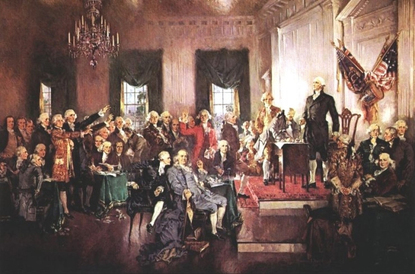 "Scene at the Signing of the Constitution of the United States" by Howard Chandler Christy
A recent advertising piece from Skeptical Inquirer magazine sharply contrasts knowledge gained by scientists with "assumptions that theologians have handed down—and dogmatically adhered to—for thousands of years." There's some truth to that, but it’s certainly not the whole truth. The Bible is ancient, and American Christians today do honor its writings even more than we honor, say, the U.S. Constitution, or the published works of scientists of the past—the foundational documents of our country and of our science, respectively.
It could be said that the U.S. Supreme Court "dogmatically adheres" to our venerable Constitution, and that for Christian faith the Bible plays a role roughly analogous to that document. That is, its principles set boundary conditions for today's innovations. Nor is it completely out of bounds to think of Scripture as analogous to the body of previously published scientific work. The Bible "handed down" to us would be as incomplete and as out of date as other documents from the past if it weren't for the conviction that its message can still produce a new kind of person. Christians follow Jesus Christ as a "living Word" who transforms human experience. To contrast a "dynamic" science with a "static" Christianity is a distortion. Both the scientific community and the Christian community are rooted in history, but each seeks new ways to accomplish what matters in the 21st century. Scientists understand the difference between theory and its empirical foundations. Scientific theorizing must be grounded in human experience. But so must Christian theorizing (a.k.a. theology). Some scientists do theoretical work, others do experimental work. I was an experimental biochemist, so why not take the same tack in following Jesus? The Christian community as a whole, or some sub-group of it, serves to rein in any Christian experimentation judged to be completely off the wall. That's what the scientific community, or some sub-discipline of it, does for individual investigators: it keeps us from going too far astray. That process is called peer review. To get back to the progress of my end-game, I've just pulled off a top shelf some already ancient (50-year-old!) scientific reference works. I wonder if they still have any value. Could some reader of God and Nature make good use of a run of Annual Review of Biochemistry from 1956 to 1973? How about volumes VI-XIII of Advances in Protein Chemistry? |



